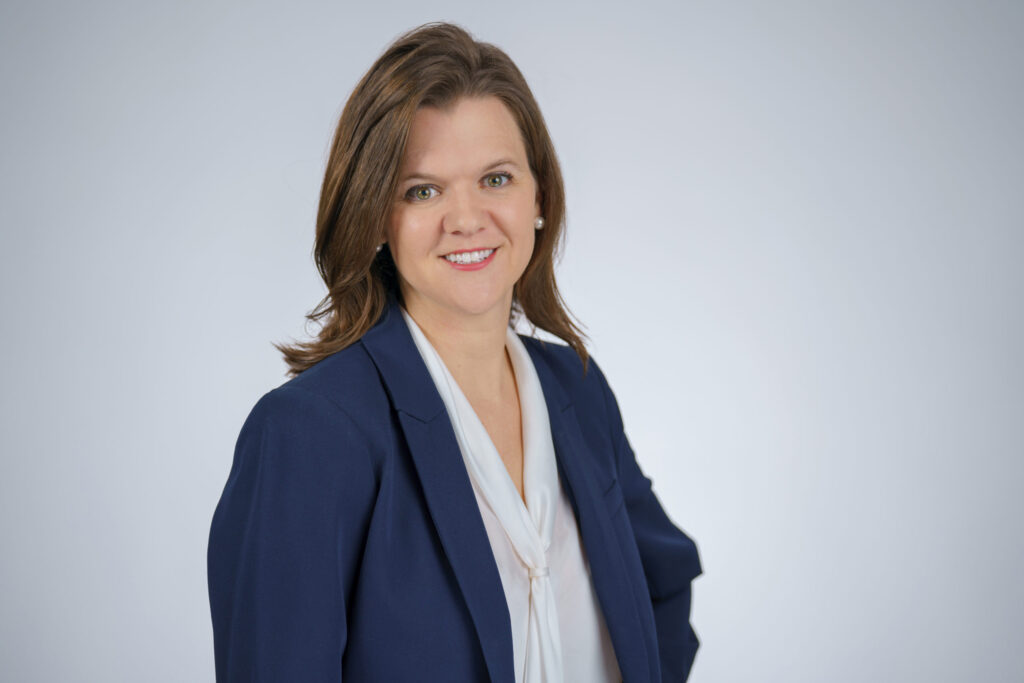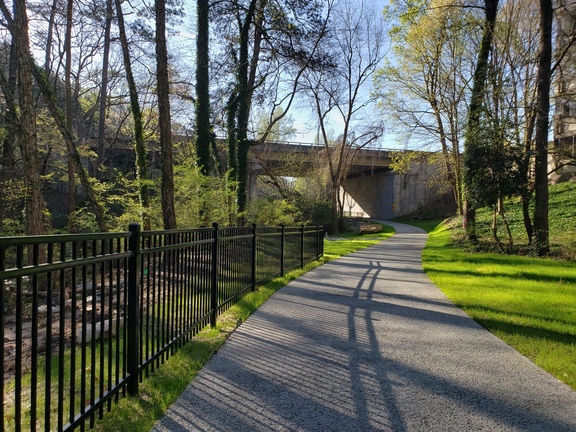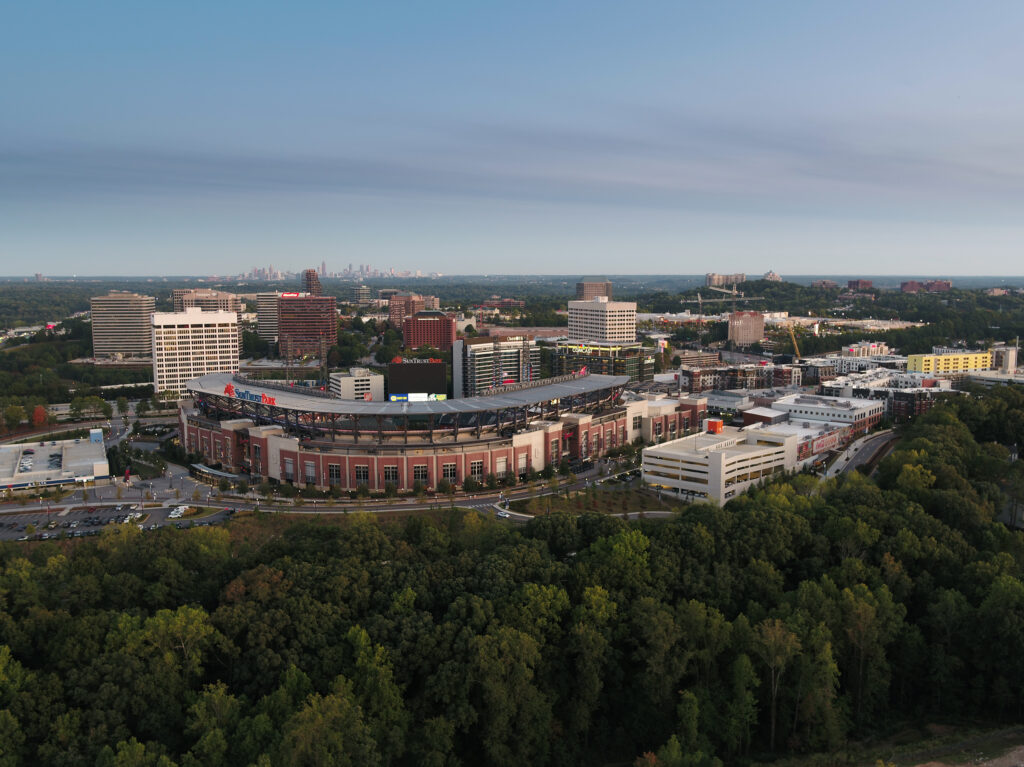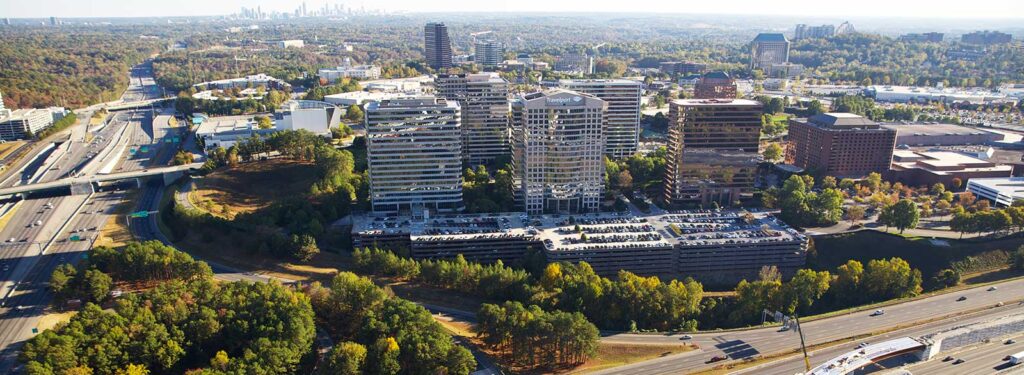Q&A with Cobb Chamber President & CEO Sharon Mason on COVID-19
What are some of the common struggles businesses and companies are experiencing during this time?
The COVID-19 pandemic has negatively impacted many businesses across numerous industries in Cobb, our state, country and world. From the onset of the crisis, small business owners, non-profits and corporate executives have faced lost revenue and the challenge of keeping their lights on. Some businesses have had to adopt new protocol, lay off workers, reduce expenses, work through supply chain challenges, and market themselves in new ways overnight. Now as businesses prepare to reopen, leaders are working to locate thermometers and source PPE, and reconfiguring their work spaces to promote social distancing while welcoming customers and employees. I have seen businesses take a variety of approaches to keeping their employees paid and try to stay in business.
Despite facing such uncertainty and daily challenges, I have been so proud of our community. I have seen leaders stepping up to work together for innovative solutions and new ways to keep people working, to keep serving clients, and to help our neighbors who need it most.
How will the Cobb Chamber Economic Recovery Taskforce help the community and businesses in Cobb County?
Starting with the early days of the crisis, we have continued to hear from businesses about how devastating this has been for them. That is why our 2020 Chamber Chairman John Loud of LOUD Security Systems, our Chair-Elect Britt Fleck of Georgia Power, and I created our Economic Recovery Taskforce to work on both short-term and long-term solutions for rebuilding our economy. The taskforce is comprised of community leaders and business leaders across all sizes and industries especially those most impacted. We have been meeting weekly since this started in March to develop strategic approaches to help businesses move toward recovery.
The taskforce has been instrumental in many initiatives including launching and implementing our weekly business recovery webinars for the last six weeks, gathering input from all types of businesses to determine support needed, finding resources that help businesses navigate handling this crisis, championing advocacy needs for businesses especially for loans and grants, and developing the reopening guidelines to help businesses prepare to safely reopen.
What guidelines and safety precautions should businesses consider before returning to work?
Our Economic Recovery Taskforce has outlined guidelines in partnership with Cobb Douglas Public Health. The guidelines cover how to prepare and protect your work space and your employees, how to protect customers, and how to mitigate the spread of the virus.
The guidelines take into consideration daily health tests, sanitization, reconfiguring the workspace to allow for social distancing, and a number of other recommendations on how their space could be reimagined to be as safe as possible for employees and visitors.These guidelines along with other reopening resources can be found at https://covidsupport.cobbchamber.org/reopening-guidelines.
How quickly do you think the Cobb County and regional economy will recover? What should businesses expect?
While it is uncertain how long the recovery will take, our SelectCobb team have seen a significant increase in companies looking to relocate to Cobb and our region specifically during the COVID-19 crisis. This is a very positive sign for our recovery. With the crisis impacting companies financially across the globe, many are reconsidering where they can most effectively do business. Georgia has been named by Site Selector Magazine as the number one state to do business seven years in a row due to many factors such as low taxes, low cost of living and our pro-business environment. Cobb has been intentional to be a top place for businesses across industries and have set the stage for continued growth. Having these new companies relocate to Cobb and Georgia will boost our economy.
Also, with businesses starting to open back up, this will help rebuild our economy and that’s why our economic recovery taskforce worked with Cobb & Douglas Public Health to develop the reopening guidelines to mitigate the continued spread of the virus. It will be important that as businesses open back up, that we all support and buy from our local businesses to help them recover.
What are some of the resources that businesses/companies can take advantage of during COVID-19?
The Cobb Chamber has been focused on providing resources, advocacy and support through every step of this crisis. To provide timely resources to businesses and our community, we worked with DynamiX to develop a one-stop resources page at https://covidsupport.cobbchamber.org/. This is update daily with information on the federal stimulus package and other financial resources, business recovery resources, helpful webinars and virtual events, links to job opportunities, reopening guidance, and resources from many partners.
The Chamber also launched Cobb Shops To Go, https://www.facebook.com/CobbShopsToGo/, giving restaurants and retailers a platform on Facebook to promote their deals and broaden their social media audience and reach.
And, the Chamber continues to provide virtual programming that our business community needs now more than ever. We’ve brought together voices from various industries to share insight into financial recovery, marketing, reopening plans, rewriting business plans, and all aspects of leadership. Our signature monthly event series, Marquee Monday, is taking a virtual format this month. On May 11, our Chairman John Loud is interviewing the top executives from Atlanta’s professional sports teams – the Atlanta Braves, the Atlanta Hawks, the Atlanta Falcons, and Atlanta United – to give us all a boost and a collective rally cry for businesses around the region. All of these programs are free for all to attend and you can register at https://www.cobbchamber.org/calendars/chamber-calendar.aspx?OE=True.
How can business or individuals help the community during this time?
As our community moves toward recovery, there are more ways to help local businesses and non-profits. If you’re missing your favorite restaurants, shops, and other service providers, check in with them by phone or social media to determine how to best support them whether in person, to-go orders, or purchasing gift cards to use later.
There are several community funds that support important initiatives that you can support including Operation Meal Plan, Cobb COVID-19 Community Response Fund, and other funds set up to support our schools, healthcare and more.
Operation Meal Plan is a partnership between the Cobb Chamber, Cobb Community Foundation and the Center for Family Resources to keep restaurants afloat while sourcing meals to non-profits providing hunger relief. Businesses and community members can donate to a fund to support the program. To date, Operation Meal Plan has served more than 11,000 meals by 21 participating restaurants to 23 non-profits. The need for this program is growing, so donations are appreciated. You can learn more at https://covidsupport.cobbchamber.org/operation-meal-plan.
The Cobb Community Foundation has also established the Cobb COVID-19 Community Response Fund as a vehicle to support non-profit organizations serving Cobb as they respond to the spread of the novel coronavirus. Contributions to this fund will be distributed swiftly as needs arise. CCF has intentionally established this fund with flexibility in mind to ensure that these resources may support communities as conditions, circumstances, and needs change throughout this crisis.
For more details on supporting our non-profits, schools, healthcare and more: https://covidsupport.cobbchamber.org/covid-19-resources.
What general advice would you give small businesses and companies during this time?
Please know that the Cobb Chamber will continue to be here for you and to help this community overcome. I encourage you to take advantage of the resources we have, lean on the network you have or can create through involvement with the Cobb Chamber, and look for ways to help others.













